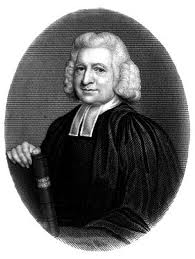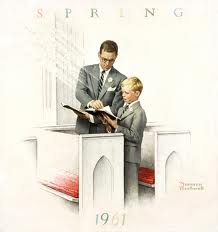An American Icon has passed away!
Note: Andy Taylor is the man, the icon, from Mayberry. Andy Griffith, the man, missed the mark later in life as he embraced, in my opinion, several ‘un-Mayberry’ type policies.
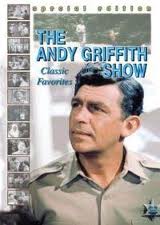 Andy Taylor was a man who served as the fair and just, level headed sheriff of a small town in North Carolina. He played the role of a young widower who loved his only son, respected his faithful aunt and selflessly served his community. You never found a more faithful friend and advocate for an over-zealous deputy who tried to keep order (and comedy) for the daily life in the small town of Mayberry.
Andy Taylor was a man who served as the fair and just, level headed sheriff of a small town in North Carolina. He played the role of a young widower who loved his only son, respected his faithful aunt and selflessly served his community. You never found a more faithful friend and advocate for an over-zealous deputy who tried to keep order (and comedy) for the daily life in the small town of Mayberry.
Born in 1926 in North Carolina, Andy Griffith, the man, lived to the ripe old age of 86. His popularity is noted as the a fore mentioned sheriff, but he also starred in the 1980’s as the country lawyer from Atlanta, Georgia. His Southern drawl and unmatched legal abilities set him, Ben Matlock, as the unbeatable attorney. During the life of these two TV sitcoms it was not uncommon to hear Andy Griffith take up his guitar and sing while he played. He was a talented singer of gospel hymns, as well as traditional songs from our country’s history.
My first exposure to this talented comedian came from one of his first monologues named, “What it was, was Football”. Performed in 1953 and eventually sold to Capitol Records, this skit sold nearly 800,000 copies in it’s first couple of years. This story comes from a county preacher’s perspective as he watches (for the first time) a college football game. His accidental admission into the game is portrayed in classic Andy Taylor vernacular. His original climactic description of “the awfullest fight that I have ever seen…in my life!” continues to ring in my mind and bring a recollection of a simpler, more civil time.
But next to his comedy and fun-loving spirit, I remember enjoying his golden voice and God-given singing ability. Several times in that small town of Mayberry you would see this community of believers gather on Sunday morning for church services. The gospel songs and spiritual focus was a calling card to a life portrayed in North Carolina. It served as the bedrock foundation for a community built to serve God and support each other. Perhaps you’ll remember the episode when the primary focus of the day was on the church. It aired in October of 1963 and the show was appropriately entitled, The Sermon for Today. A strong lesson that, we often take too seriously the busyness of life (and that coming from 1963).
Yet perhaps my all time favorite episode from ‘The Andy Griffith Show’ came a few months later in February of 1964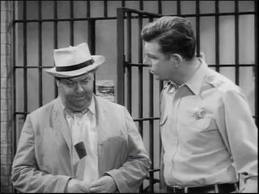 , Hot Rod Otis. Otis Campbell, the town drunk, takes on a second job to raise money so he can buy a car. Barney is determined to teach him a few safe driving skills (with two toy cars), but when the sheriff and deputy find Otis passed out on the hood of his car, drunk, they assume the worse and take him to jail. In short order, the faithful duo come up with a scheme to ‘teach Otis a lesson so he’ll never want to drive again’. The scene features Andy and Barney singing “The Vacant Chair” (a song from the mid-1800’s often associated with the Civil War). For me, this song and its chorus echo though my mind as I remember a legend and miss an icon…Andy Griffith.
, Hot Rod Otis. Otis Campbell, the town drunk, takes on a second job to raise money so he can buy a car. Barney is determined to teach him a few safe driving skills (with two toy cars), but when the sheriff and deputy find Otis passed out on the hood of his car, drunk, they assume the worse and take him to jail. In short order, the faithful duo come up with a scheme to ‘teach Otis a lesson so he’ll never want to drive again’. The scene features Andy and Barney singing “The Vacant Chair” (a song from the mid-1800’s often associated with the Civil War). For me, this song and its chorus echo though my mind as I remember a legend and miss an icon…Andy Griffith.
“We shall meet, but we shall miss him.
There will be one vacant chair.
We shall linger to caress him…
While we breathe our ev’ning prayer.”


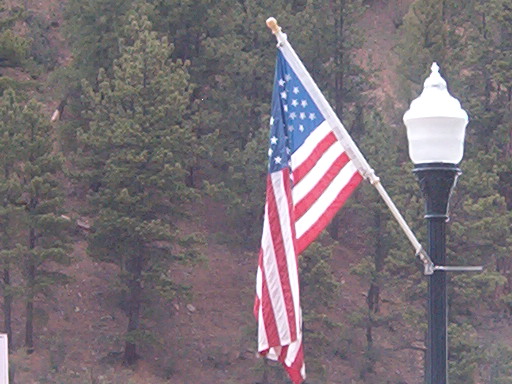

![2442062865_9ea84218d4[1]](http://www.singingwiththespirit.com/wp-content/uploads/2012/06/2442062865_9ea84218d41.jpg)


